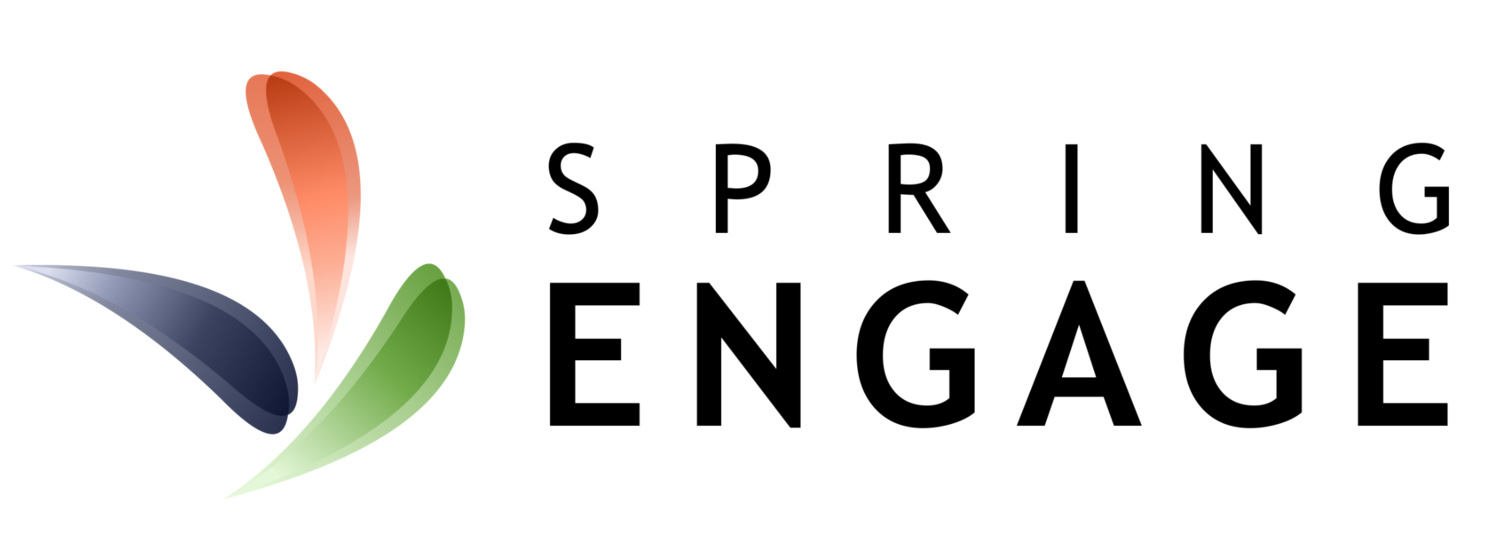 Real-time engagement technology provider Spring Engage looks into the most influential social media trends in 2016.
Real-time engagement technology provider Spring Engage looks into the most influential social media trends in 2016.
With growing competition from online travel agencies and lodging services such as Airbnb, hotels must be up to date with trends when constructing their online presence.
Over the past year, the emerging millennial market has influenced change not only in the digital world but also in hotel trends. As the standards for hospitality transform, hotels will have to shift their marketing efforts to remain competitive in the new year.
Here are the top five things to keep in mind for 2016:
1. FOOD & BEVERAGE CHANGES
A survey by Travel Market Report reveals that some of the latest shifts in the hotel industry stream from changing preferences in dining. To name a few, travellers prefer bars over restaurants, ?grab ?n? go? options over room service, and food sampling over large menus. The common dining experience is no longer appealing to this generation of travellers that are always on the move and more intrigued by taste than portion size.
Many hotels are also renovating their common spaces to accommodate traveller needs. Removing boundaries between lobby and restaurants has become a popular trend, as 36 percent of visitors prefer working in the lobby rather than their rooms (Travel Market Report).
2. FRESH BRANDING
As the age group with the most desire to travel, it is no wonder that millennials were at the top of the list for travel spending in 2015. A younger, tech-savvy market means a change in preferences and desired hotel amenities. Peter Yesawich, vice chairman of MMGY, explains how millennials are less concerned with brand names; rather they are on the ?search for novelty? (Travel Market Report). Big brand name hotel companies will need to engage new visitors by offering an experience that exceeds the idea of a standard hotel stay.
3. SOCIAL MEDIA ADVERTISING
Social networks have become a sure way to reach more visitors, expand brand awareness and build valuable connections in the digital world. Utilising the various social media applications will get you noticed on many different levels; however, simply having a presence on social media is no longer enough. Companies need to be aware of social search optimisation techniques, such as hash tags, and invest in sponsored content to make it easier for users to find your brand through simple keywords. Social media accounts posting more frequently are also likely to be featured in top search results on Google.
4. VIDEO MARKETING
The use of video is bringing online marketing to the next level. In fact, 70 percent of companies now say video is the most effective tool in their online marketing (Fast Company). Online users are naturally more drawn to image-based content, as posts with videos attract three times as many inbound links as plain text posts (Slideshare). Video marketing must be strategic, however ? people are most attracted to visuals that they can relate to. Creating a marketing video that tells a story about your brand and relates to your travellers? needs is key to customer likeability.
5. MOBILE OPTIMISATION
Mobile applications are the epitome of convenience for today?s travellers. The freedom to plan, purchase or book right from your smartphone is now a necessity for consumers in the Y Generation. With last minute travel-planning at an all-time high, mobile bookings are making it easier for business and leisure travellers to quickly find a hotel room. However, ease of use is taken into consideration by travellers ? mobile users must be able to navigate efficiently or it becomes very frustrating when on the go. Ninety five percent of people believe that by 2020, ?hotels will increasingly look to new technologies to drastically increase efficiency, reduce costs, personalize the customer experience and improve service.? (Fastfuture).

